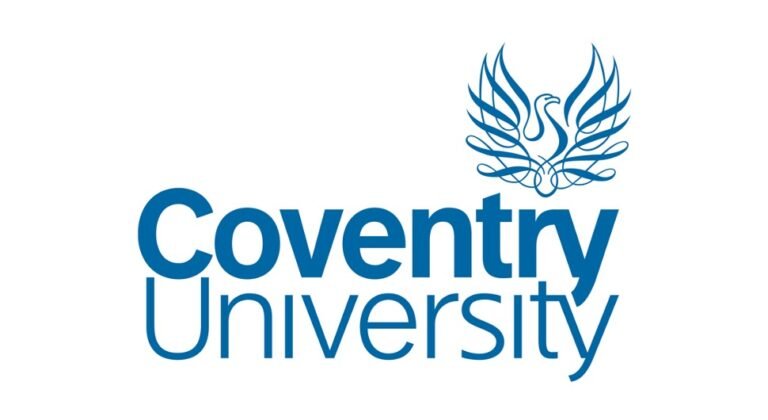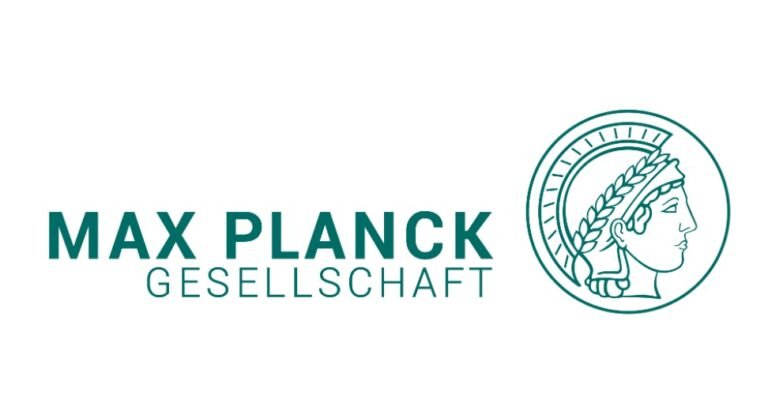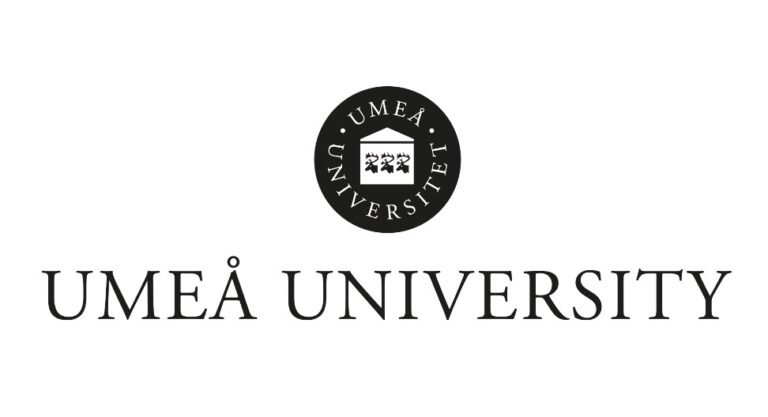Introduction
Pastoralism is a livelihood strategy premised on livestock mobility in marginal environments around the world, but is now facing many challenges. Climate change has resulted in more erratic and unpredictable rainfall patterns with increased frequency and duration of drought events. Compounding this, widespread socio-political change has involved loss of traditional grazing lands or conflict in accessing them, resulting in diminished livestock mobility.
In Kenya as in many other parts of Africa, attempts to build pastoralist resilience to these social-ecological threats are increasingly focused on the adoption of Nature-based Solutions (NbS) including high-density grazing and corralling as means of intensifying local production, and management of conflict between neighbouring pastoralist groups to enable more effective access to shared grazing resources. However, many questions remain about these strategies, including their efficacy in building resilience to extreme stressors such as drought, their equitability in benefiting different social groups within pastoralist society and how much cognisance they give to indigenous knowledge.
Addressing these unknowns will be critical in i) contributing to wider scholarly debate about the efficacy of NbS in pastoralist practice; ii) providing practitioners (NGOs and local governmental actors) with an informed basis for achieving greater equity and inclusion of indigenous knowledge in NbS and conflict management practice and iii) informing local pastoralist institutions on enabling resilient, collective responses to stressors. The objectives of this studentship are:
- To understand current pastoralist adaptation strategies that build resilience to social-ecological change at different societal levels, including the role played by indigenous knowledge.
- To evaluate the role of local interventions brokered by NGOs and governmental actors in enabling pastoralist resilience, with a particular focus on more equitable NbS and mechanisms for local conflict transformation.
- To synthesise key outcomes as a basis for informing policy, practice and debate around improving resilience for pastoralist societies.
Project details
This studentship builds from a recently completed Royal Society-GCRF (RS-GCRF) project (https://www.coventry.ac.uk/research/research-directories/current-projects/2020/gacees/) focused on the potential for and ecological value of adopting more intensified grazing practices by pastoralists in Laikipia county, central Kenya.
The project generated questions, about the limits of locally intensified NbS practices in enabling resilience to acute stressors such as drought and how conflict with neighbouring pastoralist groups compromises both local practice and access to more distant pasture. In addressing the research questions, the proposed PhD research will adopt a case study approach focusing on pastoralist communities in the same areas (Naibunga and Mukogodo) as the RS-GCRF project, in Lakipia County in central Kenya. It is envisaged that the research will be undertaken in three broad stages.
- The student will undertake a detailed literature review of resilience in pastoralist societies, focusing on how this plays out at different scales and within different societal strata (institutions, social groups and households), and the factors that potentially enable and constrain adaptation to different social-ecological stressors.
- Semi-structured interviews will be undertaken with a range of different pastoralists (stratified around age, gender and wealth) and other key local actors to establish how they are adapting to social-ecological stressors and the key factors than enable or constrain this amongst different social groups with a particular focus on indigenous knowledge and practice. Useful here in establishing gaps and determining questions, will be existing project data on institutional arrangements of local communities.
- Focus group discussions (FGDs) will be undertaken with a range of pastoralists and other local actors (NGO and local government representatives, traditional leaders and peacebuilders). These will explore the benefits and constraints to current NbS (e.g. intensive grazing and corralling of livestock, removal of invasive plants and erosion control) and of current institutional arrangements (e.g. local community conservancies and forest associations) for conflict transformation. FGDs will also be platforms to explore the potential for more effective ‘knowledge-weaving’, between western scientific NbS protocols and local indigenous knowledge (Tengo et al. 2017). The potential for this is already apparent in the hybridity of local management strategies identified through the RS-GCRF project.
Access to local field sites will be negotiated through a local NGO, Laikipia Wildlife Forum (LWF), and a local supervisor (Dr Wilfred Odadi).
Funding
Tuition fees and bursary
Benefits
The successful candidate will receive comprehensive research training including technical, personal and professional skills. All researchers at Coventry University (from PhD to Professor) are part of the Doctoral Researcher College, which provides support with high-quality training and career development activities.
Entry requirements
- A minimum of a 2:1 first degree in a relevant discipline/subject area with a minimum 60% mark in the project element or equivalent with a minimum 60% overall module average.
PLUS
- The potential to engage in innovative research and to complete the PhD within 3.5 years.
- A minimum of English language proficiency (IELTS academic overall minimum score of 7.0 with a minimum of 6.5 in each component).
Additional requirements
The applicant will ideally have a strong background in social science and an understanding of how this can be applied to the management of natural resources. An understanding of pastoralism and rangeland systems is also advantageous.
Willingness to work independently in remote rural areas for short periods of field data collection.
A full driving licence is essential.
An ability to speak Maa or Swahili (or at least to learn) is advantageous but in no way essential.
How to apply
All applications require full supporting documentation, a covering letter, plus a 2,000 word supporting statement showing how the applicant’s expertise and interests are relevant to the project.
Please contact for informal enquiries: Dr James Bennett.





